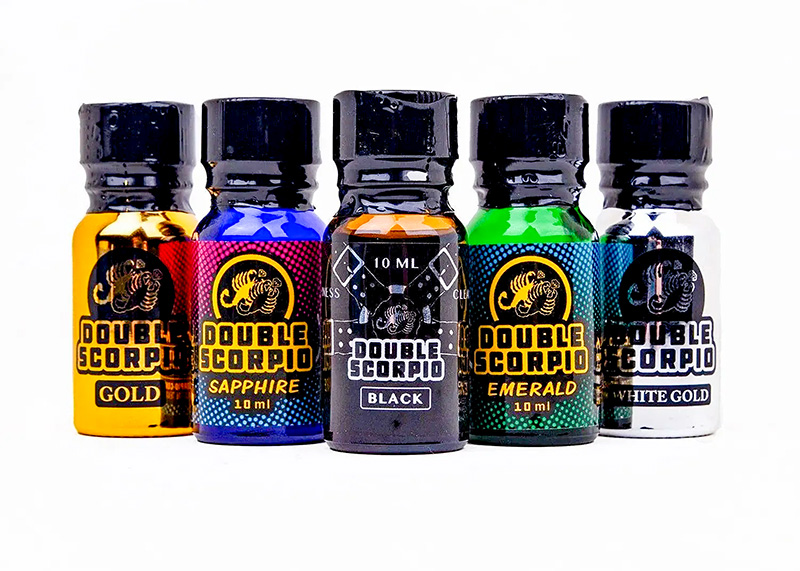FDA recommends one-year deferral for MSM blood donors
FDA says recommendations based in science and do not pose risk of greater HIV transmission

The U.S. Food and Drug Administration on Monday issued final guidance recommending that, for purposes of blood and tissue donation, the current indefinite lifetime deferral for men who have sex with men (MSM) be changed to a one-year deferral period.
In a conference call with reporters on Monday afternoon, Dr. Peter Marks, the deputy director of the FDA’s Center for Biologics Evaluation and Research, said that the finalized guidance was based upon input from the FDA’s public comment period earlier this spring following the issuance of its May 2015 draft guidance suggesting the one-year deferral period from the time of last sexual contact. The new one-year deferral recommendation places MSM aligns more closely with deferral periods for other men and women at increased risk for HIV infection, such as those who had a recent blood transfusion or those who have been accidentally exposed to the blood of another individual.
Marks stressed that the change was adopted after carefully reviewing the latest “sound scientific evidence” regarding the efficacy of a 12-month deferral, which has been adopted by other countries including the United Kingdom, New Zealand and Australia. While input during the public comment time period was evenly split between those who preferred to rely on HIV testing and risk assessment, or a shortened window period, and those who did not wish to see the lifetime ban for MSM lifted, Marks said the FDA looked at a number of recent studies, epidemiologic data, and data from other countries that already have a 12-month deferral period.
“In reviewing our policies to help reduce the risk of HIV transmission through blood products, we rigorously examined several alternative options, including individual risk assessment,” Marks said. “Ultimately, the 12-month deferral window is supported by the best available scientific evidence, at this point in time, relevant to the U.S. population. We will continue to actively conduct research in this area and further revise our policies as new data emerge.”
In light of the new guidance, blood collection agencies and establishments will be encouraged to amend their questionnaires, donor educational materials, and other collection standards to reflect the FDA’s recommendations. The FDA has also implemented a safety monitoring system for the blood supply that is intended to track blood donations and inform any future changes to blood collection policies. The agency also reserves the right to reevaluate and update its policies based on the most recent scientific information available.
Marks said that the FDA did consider the elimination of deferrals for all individuals, as well as HIV testing of donors and shorter time-based deferrals, but ultimately decided that, based on the most recent scientific evidence, the 12-month deferral period was preferred. Marks said that the “window period” during which HIV is transmitted and shows up in blood tests is about nine days. But given the limitations of HIV testing in the United States, a risk assessment or rapid HIV testing of donors before and after they donate is not logistically feasible at this time. According to Marks, the elimination of all deferral periods would likely result in a fourfold increase in the number of HIV transmissions, something he called “unacceptable.”
He also pointed to Australia as a country with a 12-month deferral and a process of screening potential donors that is similar to that of the United States. Based on evidence from Australia, adopting a 12-month deferral period does not lead to an increase in HIV transmission. Other countries, such as South Africa and Italy, have adopted an individual risk assessment approach to screening donors, but Marks said that questions remain about how effective that approach is in reliably predicting which donors are at higher risk of HIV infection. He also noted that, in Italy, assessments are carried out by specifically trained, licensed physicians, rather than technicians or computers, as is done in the United States.
Despite Marks’ justifications for why the new recommendations were adopted, the Human Rights Campaign said the 12-month deferral remained less than ideal.
“This new policy prevents men from donating life-saving blood based solely on their sexual orientation rather than actual risk to the blood supply,” David Stacy, HRC’s director of government affairs, said in a statement. “While it’s a step in the right direction toward an ideal policy that reflects the best scientific research, it still falls far short of a fully acceptable solution because it continues to stigmatize gay and bisexual men. It simply cannot be justified in light of current scientific research and updated blood screening technology. We are committed to working towards an eventual outcome that both minimizes risk to the blood supply and treats gay and bisexual men with the respect they deserve.”
Other changes to the FDA’s blood donation policy include assessing transgender individuals based on their self-identified and self-reported gender. Marks said there is no specific ban on transgender individuals donating blood, but that they will be assessed based on risk behavior for their gender identity. The guidance keeps the deferral in place for people with hemophilia or other blood clotting disorders, but no longer because they are viewed as being at vectors for transmission of HIV or other blood-borne diseases. Rather, such donors are deferred for their own protection, due to potential harm from the large needles used to collect blood as part of the donation process.
Support Metro Weekly’s Journalism
These are challenging times for news organizations. And yet it’s crucial we stay active and provide vital resources and information to both our local readers and the world. So won’t you please take a moment and consider supporting Metro Weekly with a membership? For as little as $5 a month, you can help ensure Metro Weekly magazine and MetroWeekly.com remain free, viable resources as we provide the best, most diverse, culturally-resonant LGBTQ coverage in both the D.C. region and around the world. Memberships come with exclusive perks and discounts, your own personal digital delivery of each week’s magazine (and an archive), access to our Member's Lounge when it launches this fall, and exclusive members-only items like Metro Weekly Membership Mugs and Tote Bags! Check out all our membership levels here and please join us today!























You must be logged in to post a comment.